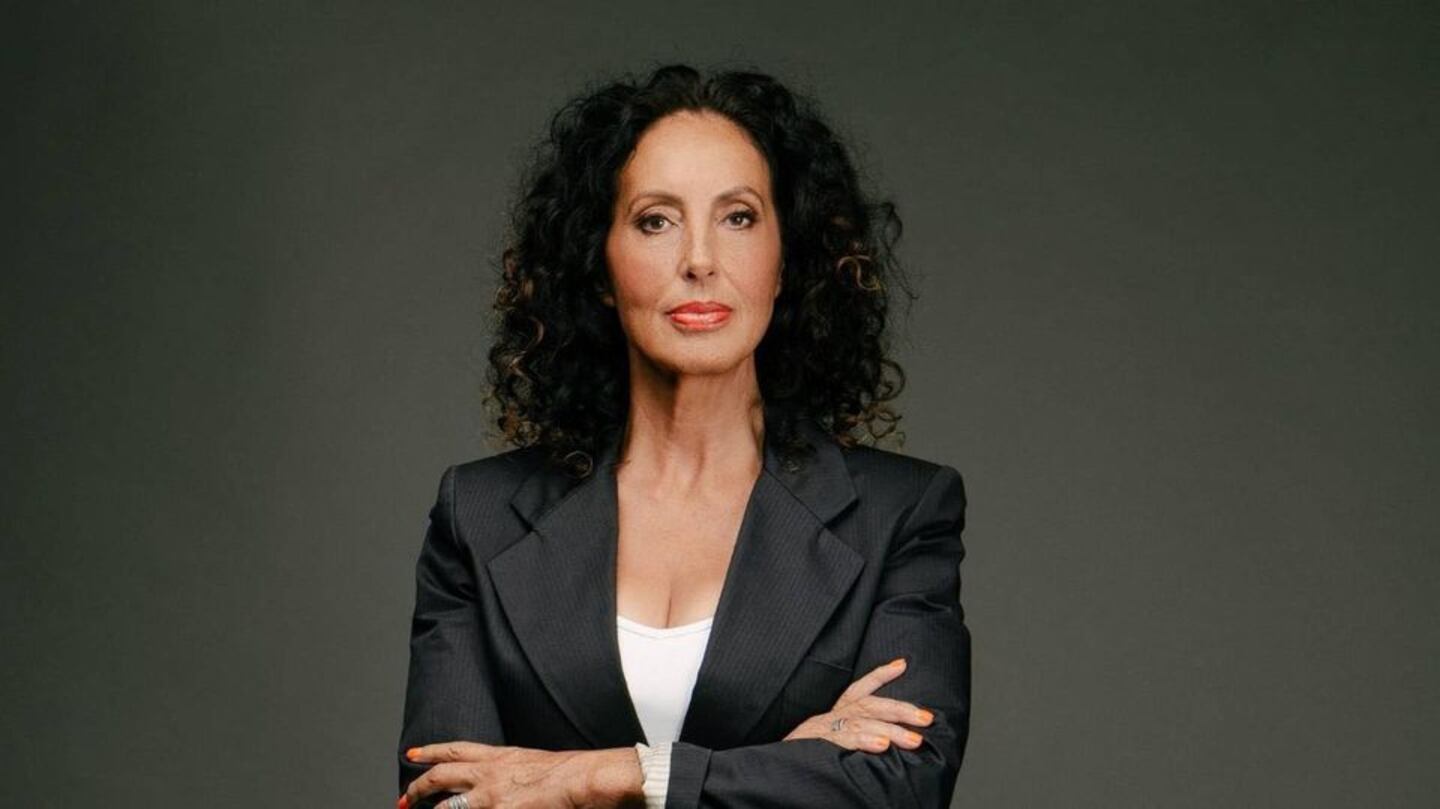It has been a long time between albums for Moana Maniapoto. Ten years to be precise, since her last full release, Rima, hit the shelves.
In that time, the legendary Māori singer-songwriter has been inducted into the New Zealand Music Hall of Fame, and started an award-winning current affairs show, Te Ao With Moana.
Despite the long gap between albums, Maniapoto says music still plays an essential part in her life, and it shows in the ambitious nature of her new album.
Her latest album, Ono, which means six, brings together musicians from all over the world, and showcases the languages of six indigenous artists from six countries where Maniapoto’s band, Moana & The Tribe, have performed.
From the Arctic Circle to the highlands of Scotland; from Canada to the misty mountains of Taipei; out of Australia and up to the islands of Hawaiˈi, this is as global as it can get, a factor Maniapoto admits was a challenge when it came to recording the album.
“In hindsight, it was a pretty ambitious project,” she told Stuff.
“The concept of the album, to bring in guests from different nations, just getting the vocals recorded, to us finding the people when I needed to, and then, with the pandemic, doing videos and things like that, plus, there’s this other job that I have got. So it’s taken up a bit of time.”
Maniapoto says the concept for the album came after meeting Sámi singer Mari Boine at a Womad festival in Taranaki.
“I’ve been up to parts of Sámi land in Finland and Norway before, and there’s a really strong relationship between Māori and Sámi. February the sixth is when we raise our indigenous flags, they’ve also been inspired by our kōhanga reo movement.”
It was this connection that sparked the idea of inviting guest vocalists from around the world to feature on the new record, with special prominence given to artists from countries where Maniapoto had performed before.
“When we’ve played in different countries, I’ve got people up to sing and perform. It might be in Australia, or it might be in Canada. So, why don’t we try collaborating on songwriting?”
Maniapoto said each artist brought their own unique flavour to the album, with the connecting link being that each indigenous language featured is under threat.
“Some of them have been activists, either in the music industry, or in their community, to help keep their language alive. For example, Inka Mbing, who’s from a tribe in Taiwan, she’s one of the few that is fluent in her language, so she’s broken the norm. They’ve all been activists, or artivists, I guess, in their own way,” she said.
As with Maniapoto’s past work, te reo Māori features prominently as well, with Moahunter regular and te reo revolutionary Scotty Morrison returning to provide some of the album’s lyrics.
“He was one of my original Moahunter haka guys. If you rewind back to the days of Treaty, he’s in there with all my cousins from my particular wing of Te Arawa. So he’s always been a part of my group and he’s written songs before on different albums,” Maniapoto said.
“The fourth album was mainly him, and then he wrote songs on Rima. He’s one of the icons of the Māori language movement. He’s hard to tie down, I managed to get him for one video, but you know his reo is really beautiful.”
These days Maniapoto is known for being a broadcaster as much as the singer who made a splash in the 1990s with songs such as Black Pearl, Kua Makona, and A.E.I.O.U.
However, Maniapoto admits it has become increasingly hard balancing music with journalism, especially given the challenge of being a professional musician these days.
“It’s really hard. You have to pull your band together, you have to rehearse, you have to nail your songs, you have to have a good repertoire to start, you have to have the gear organised, and get from A to B, pay everyone well, feed them. It’s a huge, huge effort.”
Maniapoto’s current affairs show, Te Ao with Moana, has won multiple awards since it first aired on Whakaata Māori in 2021, but she admits remaining fair and balanced in a world that she says is not always fair and balance comes with its challenges.
“That’s one of those issues that we have to deal with every time we take a story to air. It is quite challenging. There’s so much going on that it is quite difficult to know where to focus.”
Maniapoto says addressing misinformation and disinformation in the heated debates around Te Tiriti and te reo Māori have been particularly challenging.
“The kinds of debates that have been called for in the public dismiss the fact that there have been long-standing debates for many, many years, by people who really know what they’re talking about and focused on the movement forward.
“The current debate that’s been called for is not, it’s incredibly divisive, and full of misinformation and disinformation. So that’s really difficult.”
Despite this, Maniapoto said she remains hopeful and even uplifted at times, especially when forces for good in the form of people power emerge.
“The uplifting thing is it’s an opportunity for people to come together. And there’s a growing people-power movement. I meet lots of wonderful people in this role. I’ve met wonderful Pākehā, Asian, Pacific allies of Te Tiriti, and that’s been really uplifting.”
Ono, by Moana & The Tribe, is out November 1.
- Stuff



